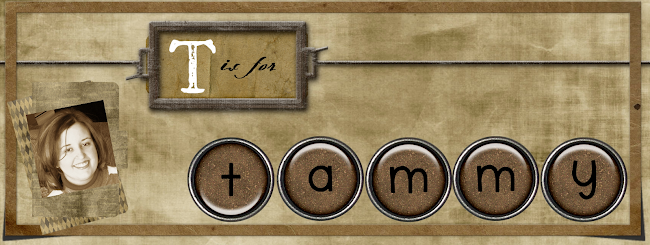However, I just can't imagine not being able to see my computer screen, for one thing, but what's more, I'd miss seeing the dimples on my little boys' faces as they smile, the variegated shades of green across a wooded hillside, or the ripples in the water as the raindrops hit the surface. Then, there's the fear that surely would come when you can hear something or feel it, but you don't know what it really is, because you cannot see it. I feel shakey even considering the horror. No, I can't imagine losing my ability to see. But one thing would be worse, still: I'd hate to lose my ability to think, reason, and contemplate.
"Am I losing my mind?" That question is one that haunts me, to this day. It was asked by my paternal grandma of my mom, who was pretty much her bestest friend. My grandma had dementia. It was in the early stages, and she vacillated between lucidity and what used to be called senility. She was, literally, losing her mind. My mom insightfully commented that she thinks the worst torture one could experience on this earth would be to have enough of your faculties to know that you are losing them. And I have to agree.
According to some studies, my mom and I are far from being alone in our estimation of that horror: the diagnosis of Alzheimer's and other forms of dementia is cited as being the #1 fear for older people, as well as their physicians. Why? Thinking abilities significantly impact a person's quality of life. What's more, Alzheimer's is the 7th leading cause of death among the elderly.
It was hard watching Grandma "lose her mind," hearing about her imagined son who had come back, or her mom--long-since deceased--who'd come to visit, or later yet, forgetting not only to put on her lipstick (she was always so prim!) but to cover herself properly and put in her teeth before friends entered her room.
The process of the fading of her memory was gradual, like that of an old picture as it becomes less crisp and clear and yet still clearly represents something (or someone) that once was. A person's outward beauty is like that too. But inward degeneration of a person is far more devastating.
 |
| My Classy Grammy, age 18, circa 1934 |
 | ||
Gram, me and my younger sister Judy, circa 1981
|
 |
| Gram & me, the day of my high school graduation, 1996 |
I encountered a variety of emotions looking through pictures of Gram today to post some. I smiled at happy memories and fought back tears of sadness, missing Gram. But I also grew afraid.
Even now that she's gone, my grandma's story haunts us all: Dementia, as many know, holds increased risks for those with family histories of it. The infamous Alzheimer's disease is a sub-set of dementia, and both affect not just a person's memory, but all cognitive (or mental) processes, as well. That's why Grandma didn't just forget she'd left the iron on, but she'd put it in her bed. (Yikes!)
Add to the difficulties inherent in knowing a loved one is losing cognitive abilities, the fact that Alzheimer's, like all forms of dementia, is irreversible, and the meds that can be prescribed come with heavy side-effects, and many of us notice people "slipping" but don't want to say anything. Even medical professionals sometimes fear bringing up the "A" word ("Alzheimer's") to their patients. (Of course, it's not the official "diagnosis" that really should be feared, but evidently, that's beside the point for many people.)
Another sub-set of dementia has recently been recognized, though, and it's called MCI. "MCI" stands for "Mild Cognitive Impairment," and I attended a free webinar about it last week. I learned that this intermediate condition can be treated by a new drug called Cerefolin NAC. As a medical food, this drug has proven to have no notable side effects, compared to placebos. Yet, it actually decreases brain atrophy by over 50%. The basic ingredients are active B12 and folate (the purist form of folic acid) that can cross the blood-brain barrier.
So if you have a loved one that you can see "slipping," don't be afraid to broach the subject; there may now be hope for reversing the process that can lead to full-blown dementia or Alzheimer's.
Another application of this knowledge is to eat your greens! We Americans typically don't get nearly enough folic acid in our diets; it's found in green leafy veggies, such as spinach and kale (I don't think I've ever eaten kale, have you?). Once we reach our 50s or 60s, we can't "cram" enough in to make up for a lifetime of starving our brain of needed food, but if we start early, maybe we can keep our minds sharp for a little longer.











